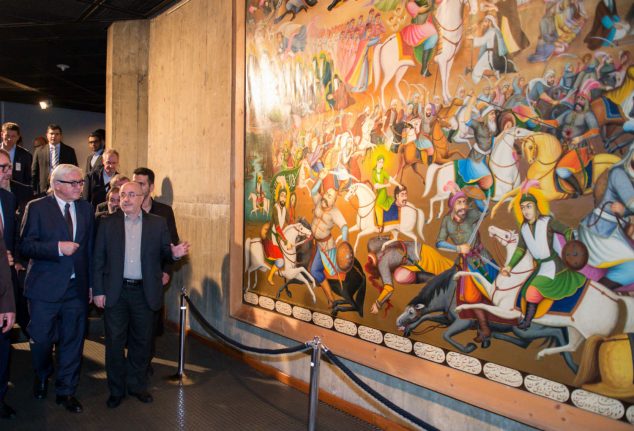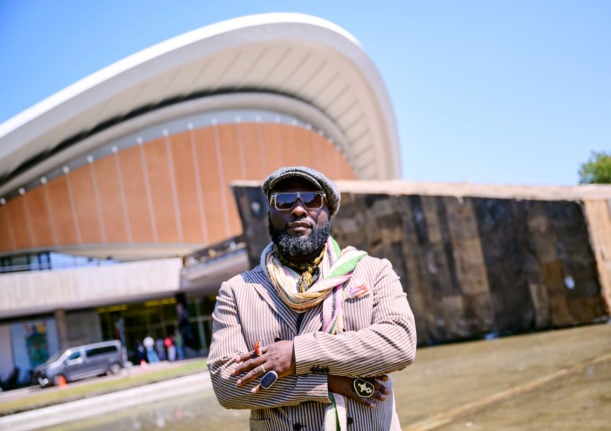The show of paintings collected by the wife of Iran's late shah, featuring masterpieces by Pablo Picasso, Joan Miro and Andy Warhol, had been billed as a symbol of a diplomatic thaw since Iran's nuclear deal with western powers.
But controversy flared after the Tehran museum chief this year handed out an award for a Holocaust cartoon, and the loan project was reportedly further complicated by fears in the Islamic republic about legal claims if the pictures travel abroad.
The Prussian Cultural Heritage Foundation (SPK), which manages Berlin's main museums, said Iran's refusal to issue the necessary paperwork forced it to cancel the exhibition that had been agreed with the Tehran Museum of Contemporary Art.
Foundation president Hermann Parzinger said the decision had been taken “with great regret” because “Iran has still not granted an export license for the artworks”.
The exhibition, originally planned to have opened with some 60 loaned artworks in Berlin in early December, could not be delayed any longer, he said in a statement.
“However, the SPK remains committed to cultural exchange, including with Iran, and will continue to promote this dialogue with the appropriate measures,” he said.
In Iran, the management of the Tehran museum was not immediately available for comment, staff told AFP.
The Tehran collection, reputed to be the greatest lineup of modern masterpieces outside of Europe and the United States, also includes major works by Jackson Pollock, Mark Rothko and Francis Bacon.
Since the 1979 Islamic revolution that overthrew shah Mohammad Reza Pahlavi, the works assembled under the patronage of his wife Farah Pahlavi have not been shown together outside Iran, according to the SPK.
Recalling the Iran nuclear deal, Foreign Minister Frank-Walter Steinmeier had earlier hailed the exhibition project as a sign of Iran's “cultural and social opening up”.
The agreement was marred, however, in May when the Tehran museum director Majid Mollanoroozi handed out an award for an antisemitic cartoon about the Holocaust, sparking protests from Israel and Germany.
The Economist magazine has also reported that “influential voices” in Iran's art world have warned that there might be legal claims against the collection and that it risked being seized.



 Please whitelist us to continue reading.
Please whitelist us to continue reading.